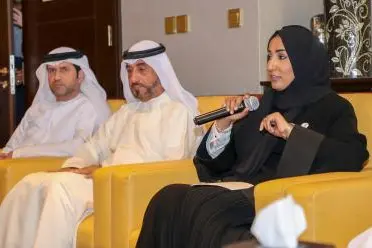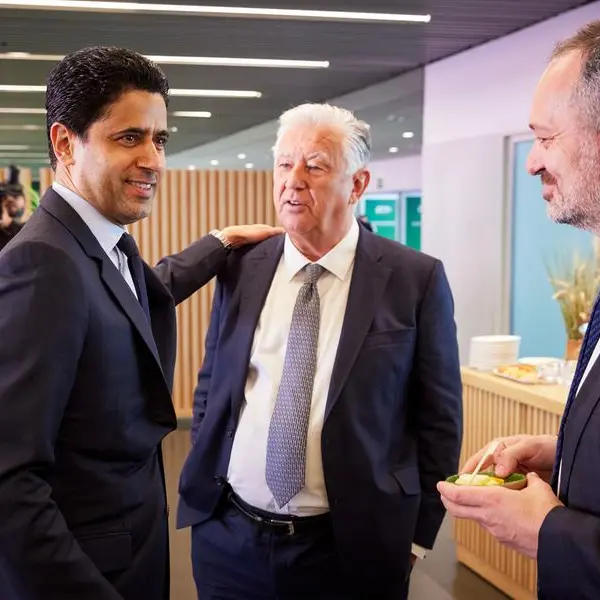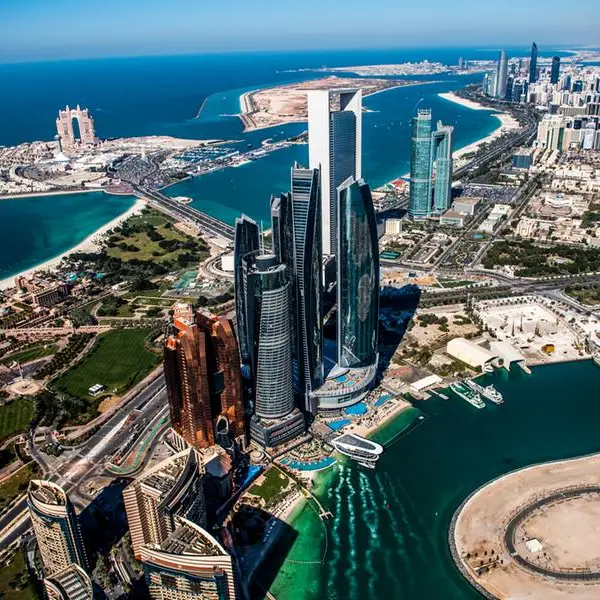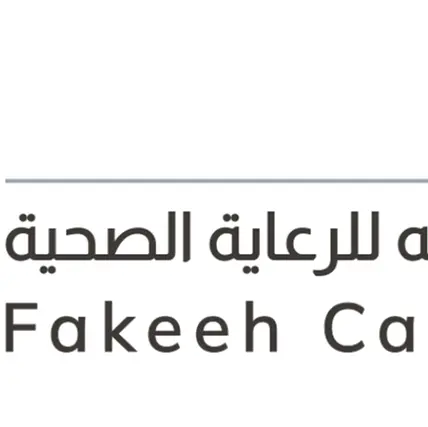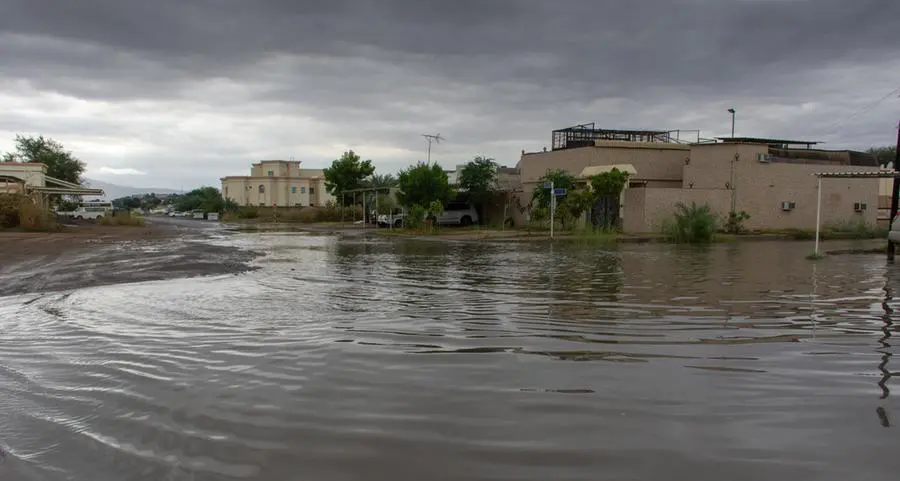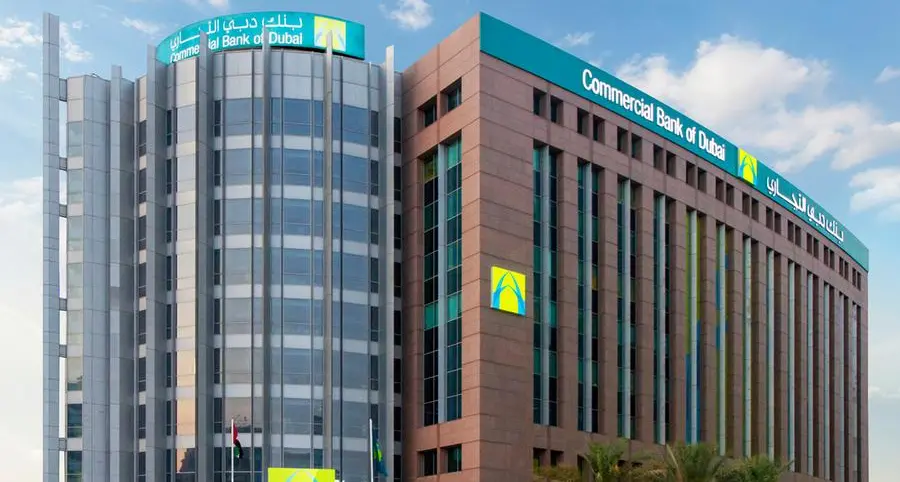PHOTO
Abu Dhabi, UAE : The Environment Agency - Abu Dhabi (EAD) today released its Annual Report for 2018 that includes its major achievements and challenges across its core mandate areas over the past year, in its efforts to protect and enhance air quality, groundwater, marine water quality, soil and biodiversity in the emirate of Abu Dhabi.
In his foreword to the report, His Highness Sheikh Hamdan Bin Zayed Al Nahyan, the Ruler's Representative in the Al Dhafra Region and Chairman of EAD, writes, “As we look to the future, we are committed to drawing inspiration from Sheikh Zayed’s legacy and to achieving the vision of the Abu Dhabi Government. We will continue our efforts to improve air quality, protect our natural resources, and enhance our biodiversity. We will also focus on stepping up environmental awareness in society to make a difference through adopting a more sustainable lifestyle. In doing so, we are confident that we will shape a better environment not just for our generation, but also for the generations that come after us.”
The completion of the UAE Sustainable Fisheries Programme – in partnership with the Ministry of Climate Change and Environment (MOCCAE) – marked a major milestone in 2018. It has helped increase the UAE’s understanding of its severely overexploited fish stocks and helped to identify the management measures required to support the recovery of the fisheries by 2030. The programme included the Fisheries Resources Assessment Survey, which revealed that indicator species such as Hamour (Epinephelus coioides), Shaari (Lethrinus nebulosus) and Farsh (Diagramma pictum) are severely overexploited due to being fished at three to five times their sustainable limit. Other outcomes included targeted policies, research and monitoring plans and enhanced enforcement.
With a key focus on the conservation of Abu Dhabi’s groundwater resources, the Agency completed the emirate’s first Groundwater Wells Inventory in 2018, which has resulted in a comprehensive record of over 118,000 wells that has been documented in a first-of-its-kind Groundwater Atlas. In addition, EAD, in partnership with the then-called Abu Dhabi Water and Electricity Authority, launched the Liwa Strategic Water Reserve, which is considered a global benchmark for water management in desert regions and could completely redefine international standards for recharge and recovery projects as the largest artificial reservoir project in the world.
As part of EAD’s holistic and integrated approach to soil protection, the Agency launched a soil contamination monitoring programme of 170 sites in Abu Dhabi whose results, to be revealed later this year, will be the basis of future soil management plans and regulations. EAD also conducted a soil salinity survey of 4,000 farms in the emirate, which found that over 33.3 per cent, 25.63 per cent and 15.3 per cent of the farm area in Abu Dhabi, Al Ain and Al Dhafra respectively has been poorly managed, which may lead to a decrease in the crop yield.
In 2018, EAD announced the Sheikh Zayed Protected Areas Network that now comprises 19 terrestrial and marine areas. EAD’s management of these areas also attracted international recognition. Al Wathba Wetland Reserve became the first site in the region to get listed on the International Union for Conservation of Nature (IUCN) Green List of Protected and Conserved Areas. Additionally, in cooperation with the Ministry of Culture and Knowledge Development (MCKD), EAD worked to get the Abu Dhabi Sabkha added to the tentative list of World Heritage Sites within the framework of the World Heritage Convention – a major step towards its inclusion in the World Heritage List. The Abu Dhabi Falcon Hospital also received the Middle East’s Responsible Tourism Award for the sixth consecutive year in 2018.
Highlighting the Agency’s role in advancing the global sustainability agenda in 2018, Her Excellency Razan Khalifa Al Mubarak, Managing Director of EAD, said: “Keeping with Sheikh Zayed’s vision of becoming a global voice in the environmental discourse, EAD continued to find synergies with leading international entities throughout 2018. Over the course of the last year, we renewed strategic partnerships with the International Center for Biosaline Agriculture (ICBA), Emirates Nature-WWF, the International Fund for Houbara Conservation (IFHC), the United Nations Environment Programme/Convention on Migratory Species (UNEP/CMS) and the IUCN. We additionally strengthened our collaborations with the Government of Chad and the Sahara Conservation Fund (SCF) for our Scimitar-horned Oryx Reintroduction Programme.”
Through its various terrestrial and marine wildlife monitoring programmes, which continued in 2018, EAD discovered the Spider Hunting Wasp (Ferreola alraeesii) – a species new to science – at Al Wathba Wetland Reserve. The Agency also reported sightings of the Indian Crested Porcupine (Hystrix indica) in the Al Dhafra Region – previously known only from old Bedouin records from the 20th century – and the Rüppell’s Fox (Vulpes rueppellii), which was last recorded by EAD nearly 13 years ago. While the Agency documented a record number of 37 Finless Porpoise, 92 Indian Ocean Humpback Dolphins and 268 Indo-Pacific Bottlenose Dolphins in 2018, it also reported 23 incidences of dugong mortality – the biggest single die-off of one of Abu Dhabi’s most vulnerable species, mainly due to drowning via entanglement in drift nets locally known as Hiyali.
Commenting on EAD’s progress in improving environmental quality, Her Excellency Dr. Shaikha Salem Al Dhaheri, Acting Secretary General of EAD, said: “In 2018, we undertook more measures to improve the air quality in Abu Dhabi. Our main achievement in this regard was the launch of the Abu Dhabi Air Emissions Inventory, which offers scientific data to guide our air quality management programme. We also set emission standards for three industries through our Eltezam compliance campaign – concrete, hot-mix asphalt and iron and steel – that we identified as significant contributors to increasing air pollutants in the atmosphere”.
“Our Marine Water Quality Monitoring Programme continued to monitor 22 sites for the protection of marine habitats in 2018,” she added. “To complement this initiative, we also concluded a first-of-its-kind study that further supports that TSE is highly effective for irrigation since it is much less saline than groundwater.”
Over the last year, EAD’s work with schools and universities saw the launch of the i-EnviroSpellation; the new digital version was sponsored by Shell and supported by the Abu Dhabi Department of Education and Knowledge (ADEK). The latest cycle of the EAD’s flagship Sustainable Schools Initiative (SSI) – sponsored by BP – engaged 135 schools in Abu Dhabi to promote environmental knowledge and support students to assess and address their environmental impact. Furthermore, to promote youth as agents of change by addressing issues of environmental sustainability, the Sustainable Campus Initiative (SCI) organised three roadshows for both existing and new members, which enabled the participation of over 450 students and faculty across the UAE.
Responsible for over 2,000 projects and facilities in Abu Dhabi, EAD conducted 1,366 inspections in 2018 – 43 per cent fewer than the previous year due to the risk prioritisation scheme – and responded to 110 emergency cases. The Agency also reviewed nearly 200 environmental studies and processed over 1,000 environmental permit applications during the past year.
To access the report, please visit: www.ead.ae
-Ends-
About Environment Agency – Abu Dhabi (EAD)
Established in 1996, the Environment Agency – Abu Dhabi (EAD) is committed to protecting and enhancing air quality, groundwater as well as the biodiversity of our desert and marine ecosystem. By partnering with other government entities, the private sector, NGOs and global environmental agencies, we embrace international best practice, innovation and hard work to institute effective policy measures. We seek to raise environmental awareness, facilitate Sustainable Development and ensure environmental issues remain one of the top priorities of our national agenda.
For media enquiries, please contact:
EAD Press Office:
Environment Agency- Abu Dhabi
Tel: +9712 6934-637
Mobile: +97150 442-5096
Email: pressoffice@ead.ae
Website: www.ead.ae
Disclaimer: The contents of this press release was provided from an external third party provider. This website is not responsible for, and does not control, such external content. This content is provided on an “as is” and “as available” basis and has not been edited in any way. Neither this website nor our affiliates guarantee the accuracy of or endorse the views or opinions expressed in this press release.
The press release is provided for informational purposes only. The content does not provide tax, legal or investment advice or opinion regarding the suitability, value or profitability of any particular security, portfolio or investment strategy. Neither this website nor our affiliates shall be liable for any errors or inaccuracies in the content, or for any actions taken by you in reliance thereon. You expressly agree that your use of the information within this article is at your sole risk.
To the fullest extent permitted by applicable law, this website, its parent company, its subsidiaries, its affiliates and the respective shareholders, directors, officers, employees, agents, advertisers, content providers and licensors will not be liable (jointly or severally) to you for any direct, indirect, consequential, special, incidental, punitive or exemplary damages, including without limitation, lost profits, lost savings and lost revenues, whether in negligence, tort, contract or any other theory of liability, even if the parties have been advised of the possibility or could have foreseen any such damages.
